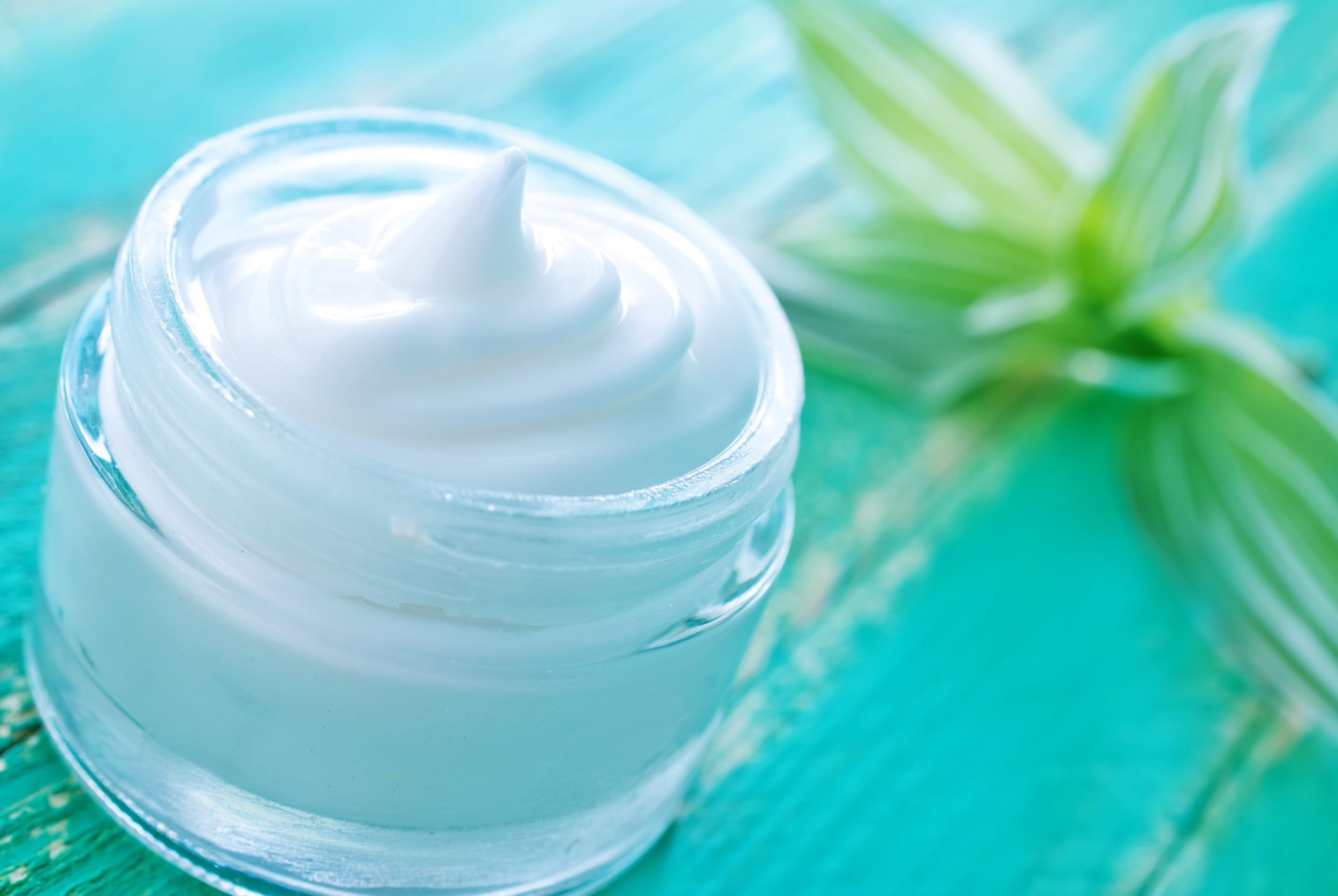15 Nov 7 Ways Stress Affects Your Skin at Thanksgiving
Thanksgiving is a time to celebrate with family and friends, but it can also be a source of stress for many people. Whether it’s planning the menu, shopping for groceries, cooking the turkey, or dealing with difficult relatives, stress can take a toll on your skin and make it more prone to various problems. In this article, we’ll explore seven ways that stress affects your skin at Thanksgiving and how you can prevent or treat them.
-
Acne Breakouts
One of the most common effects of stress on your skin is acne breakouts. Stress causes your body to produce more cortisol, a hormone that stimulates the oil glands in your skin and makes them produce more sebum. Sebum is the natural oil that lubricates your skin and hair, but too much of it can clog your pores and cause inflammation and infection. Acne can appear on your face, chest, back, or anywhere else on your body where you have oil glands.
To prevent or reduce acne breakouts, you should wash your face twice a day with a gentle cleanser and use oil-free moisturizers and makeup. You should also avoid touching your face or picking at your pimples, as this can spread bacteria and worsen the inflammation. If you have severe or persistent acne, you may want to consult a dermatologist for prescription medications or treatments.
-
Dry Skin
Another effect of stress on your skin is dryness. Stress can impair your skin’s ability to retain moisture and repair its natural barrier, which protects it from environmental factors and irritants. Dry skin can look dull, flaky, or cracked, and feel tight, itchy, or irritated. Dry skin can also make you more susceptible to infections, allergies, and premature aging.
To prevent or treat dry skin, you should drink plenty of water and eat foods rich in healthy fats, such as nuts, seeds, avocados, and fish. You should also use gentle cleansers and moisturizers that are suitable for your skin type and contain ingredients that hydrate and nourish your skin, such as hyaluronic acid, ceramides, and antioxidants. You should also avoid harsh soaps, alcohol, and hot water, as they can strip your skin of its natural oils and moisture.
-
Rashes and Hives
Stress can also trigger or worsen rashes and hives, which are red, itchy, or swollen patches of skin that can appear anywhere on your body. Stress can cause your immune system to overreact and release histamine, a chemical that causes inflammation and itching. Stress can also aggravate existing skin conditions that cause rashes or hives, such as eczema, psoriasis, rosacea, and contact dermatitis.
To prevent or relieve rashes and hives, you should identify and avoid the triggers that cause them, such as allergens, irritants, or medications. You should also apply cold compresses, calamine lotion, or hydrocortisone cream to the affected areas to reduce the inflammation and itching. You should also take antihistamines or other medications as prescribed by your doctor. If you have severe or persistent rashes or hives, you should seek medical attention as soon as possible.
-
Hair Loss
Stress can also affect your hair and cause it to fall out more than usual. Stress can disrupt the normal cycle of hair growth and cause more hair follicles to enter the resting phase, where they stop producing new hair and eventually shed. Stress can also cause a condition called alopecia areata, where your immune system attacks your hair follicles and causes patches of hair loss on your scalp or other parts of your body.
To prevent or treat hair loss, you should reduce your stress levels by practicing relaxation techniques, such as breathing exercises, yoga, meditation, or visual imagery. You should also eat a balanced diet that provides enough protein, iron, zinc, and biotin, which are essential for hair growth and health. You should also avoid harsh chemicals, heat, and styling tools that can damage your hair and scalp. If you have significant or sudden hair loss, you should consult a doctor or a trichologist, a specialist in hair and scalp disorders.
-
Wrinkles and Sagging
Stress can also affect your skin’s appearance and make it look older than it is. Stress can cause your skin to lose its elasticity and firmness, which can lead to wrinkles and sagging. Stress can also reduce the blood flow to your skin, which can make it look pale, dull, or uneven. Stress can also affect your sleep quality, which can impair your skin’s ability to regenerate and repair itself at night.
To prevent or reverse the signs of aging, you should get enough sleep and rest, ideally seven to eight hours per night. You should also use skincare products that contain ingredients that boost collagen and elastin production, such as retinoids, peptides, and vitamin C. You should also protect your skin from sun damage, which can accelerate the aging process, by wearing sunscreen, sunglasses, and hats.
-
Flushing and Blushing
Stress can also cause your skin to flush or blush more easily, which can make you feel embarrassed or uncomfortable. Flushing and blushing are caused by the dilation of blood vessels in your skin, which increases the blood flow and makes your skin look red. This can happen when you’re nervous, angry, excited, or embarrassed. Flushing and blushing can also be a symptom of rosacea, a chronic skin condition that causes redness, bumps, and visible blood vessels on your face.
To prevent or reduce flushing and blushing, you should try to calm yourself down and breathe deeply when you feel stressed or emotional. You should also avoid triggers that can cause flushing and blushing, such as spicy foods, alcohol, hot drinks, or extreme temperatures. You should also use gentle skincare products that soothe and hydrate your skin, and avoid products that contain ingredients that can irritate or dry out your skin, such as alcohol, fragrance, or menthol. If you have rosacea, you should follow the treatment plan prescribed by your dermatologist.
-
Itchy Skin
Stress can also make your skin more itchy, which can be annoying and distracting. Stress can activate the nerve fibers in your skin, which can make your skin more sensitive and reactive to stimuli, such as touch, temperature, or pressure. Stress can also increase the release of histamine, which can cause itching and inflammation. Stress can also worsen existing skin conditions that cause itching, such as eczema, psoriasis, or dermatitis.
To prevent or relieve itchy skin, you should moisturize your skin regularly and use products that contain ingredients that calm and heal your skin, such as oatmeal, aloe vera, or chamomile. You should also avoid scratching your skin, as this can damage your skin and cause infections. You should also wear loose, comfortable, and breathable clothing that doesn’t rub or irritate your skin. If you have severe or persistent itching, you should see a doctor or a dermatologist for diagnosis and treatment.
—
Stress can have negative effects on your skin health and appearance, but you can take steps to prevent or treat them. By managing your stress levels, taking care of your skin, and seeking professional help when needed, you can enjoy a healthy and happy Thanksgiving. Remember, your skin is a reflection of your inner state, so don’t let stress ruin your holiday spirit.
Disclaimer: This article provides general information and should not replace professional medical advice.

